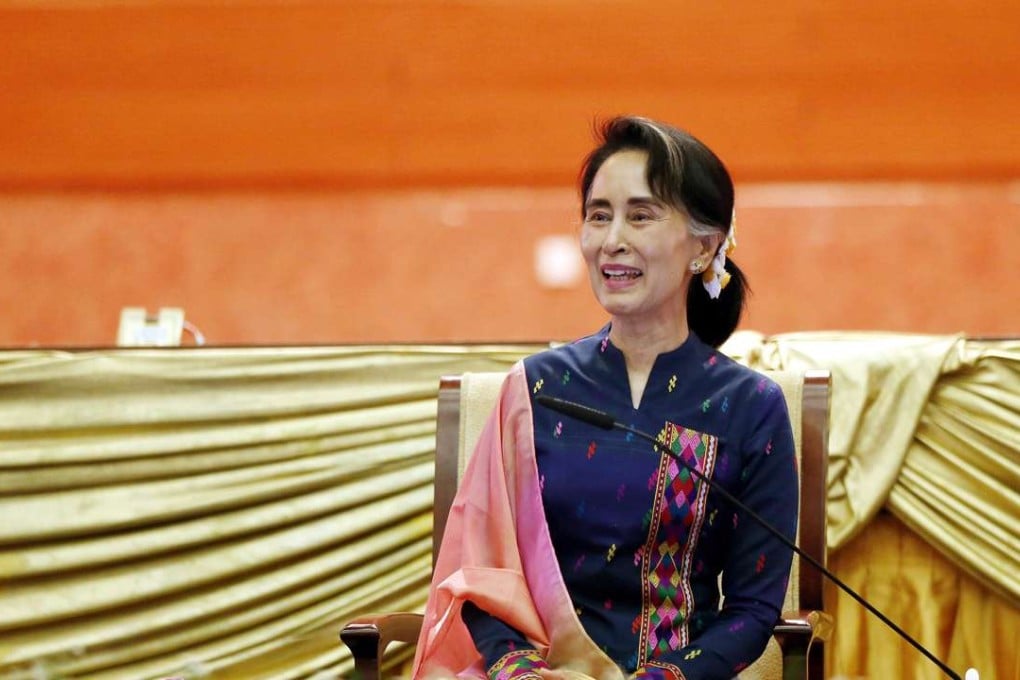Myanmar’s development is still a work in progress
Aung San Suu Kyi came to power on a wave of expectation, but progress has been slow. She must build the trust needed to push ahead

The leader of Myanmar, Aung San Suu Kyi, brought the highest of aspirations with her when she took office a year ago. The downtrodden citizens who voted overwhelmingly for her National League for Democracy party in elections that all but ended half a century of military rule saw in her government an opportunity for economic prosperity and an end to ethnic conflict. But hopes have been dimmed by a lack of perceptible change outside the financial capital Yangon, and her image has been tainted by international condemnation of her handling of the crisis over the Muslim Rohingya ethnic group. Patience is necessary, though; progress in such a difficult political environment will take time.
Suu Kyi and fellow lawmakers may have been democratically elected, but they serve in a power-sharing arrangement with the military. The formerly ruling junta wrote the 2008 constitution with this in mind, making the army a fourth branch of government with a vast reach in domestic matters. It chooses a quarter of parliamentary seats, appoints the home, defence and border affairs ministers, sets its own budget and has the right to veto decisions of the executive, legislative and judicial branches. Most troubling for the NLD, constitutional change requires more than 75 per cent approval in parliament, making military support for amendments a necessity.